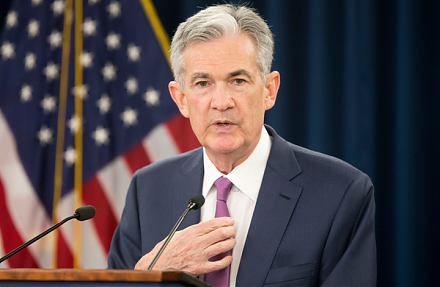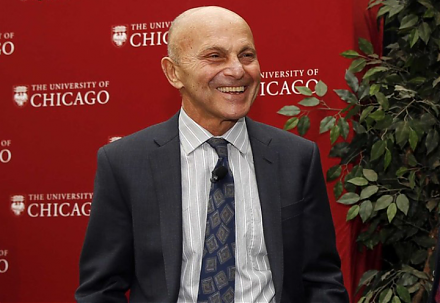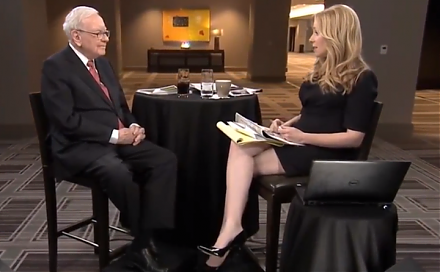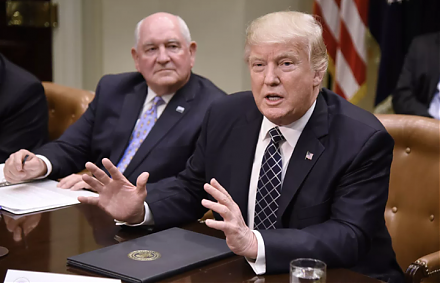

2018-01-06 07:32:00 Sat ET
technology social safety nets education infrastructure health insurance health care medical care medication vaccine social security pension deposit insurance
Subsequent to the Trump tax cuts for Christmas in December 2017, the one-year-old Trump presidency now aims to make progress on health care, infrastructure, social welfare, and immigration in 2018. First, President Trump proposes to repeal-and-replace Obamacare in due course. He also seeks to reduce drug prices and other medical costs for the typical American. Second, the Trump team proposes $1 trillion infrastructure investments in numerous major American states and cities. This campaign promise serves the best interests of workers with less educational attainment and more labor intensity. Third, the Trump administration seeks to roll out an executive order to mandate a holistic review of federal safety net programs. These programs encompass food stamps, Medicaid incentives, and residential housing benefits etc. Fourth, President Trump keeps an ambivalent attitude toward immigration issues such as illegal immigrant deportation and foreign child deferral. All this government intervention helps alleviate social welfare concerns. From an economic perspective, it is a bit difficult to see how the Trump administration can fund these reforms without some form of fiscal discipline. In the next few years, tax cuts trump trade, whereas U.S. real GDP economic growth has to rise to 3%-3.5% for fiscal stimulus to trickle down to the typical American household.
If any of our AYA Analytica financial health memos (FHM), blog posts, ebooks, newsletters, and notifications etc, or any other form of online content curation, involves potential copyright concerns, please feel free to contact us at service@ayafintech.network so that we can remove relevant content in response to any such request within a reasonable time frame.
2018-06-08 13:35:00 Friday ET

The Federal Reserve delivers a second interest rate hike to 1.75%-2% and then expects subsequent rate increases in September and December 2018 to dampen inf
2019-08-22 11:35:00 Thursday ET

Fundamental factors often reflect macroeconomic innovations and so help inform better stock investment decisions. Nobel Laureate Eugene Fama and his long-ti
2018-04-05 07:42:00 Thursday ET

CNBC news anchor Becky Quick interviews Berkshire Hathaway's Warren Buffett in light of the recent stock market gyrations and movements. Warren Buffett
2018-03-25 08:39:00 Sunday ET

President Trump imposes punitive tariffs on $60 billion Chinese imports in a brand-new trade war as China hits back with retaliatory tariffs on $3 billion U
2025-09-24 09:49:53 Wednesday ET

Stock Synopsis: With a new Python program, we use, adapt, apply, and leverage each of the mainstream Gemini Gen AI models to conduct this comprehensive fund
2025-02-02 11:28:00 Sunday ET

Our proprietary alpha investment model outperforms most stock market indexes from 2017 to 2025. Our proprietary alpha investment model outperforms the ma